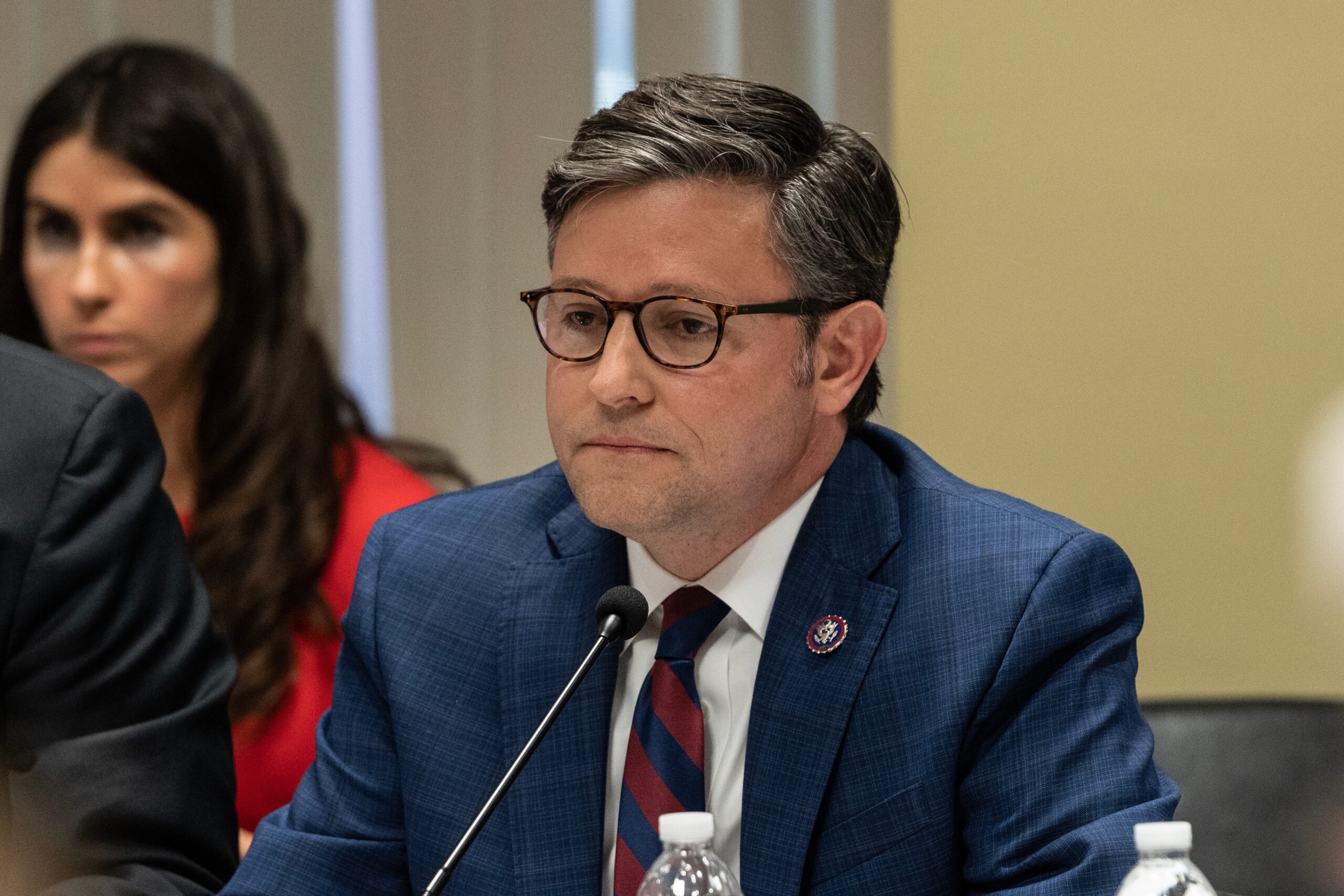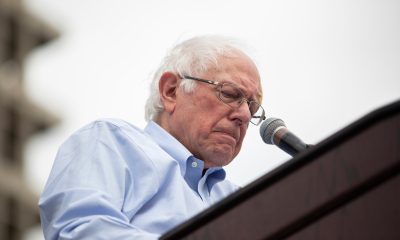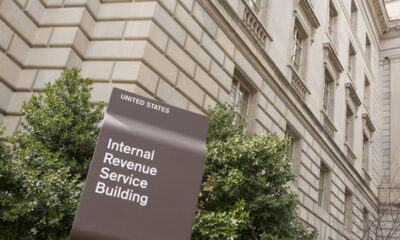Speaker Johnson’s Budget Deal Draws Backlash From House Conservatives

The federal government is one step closer to being funded, at least until September, with just days left until a partial shutdown is scheduled to be implemented. House Speaker Mike Johnson (R-LA) was instrumental in advancing his first major budgetary deal since being selected to fill the leadership position, but its terms did not go over well with many conservatives in his own party.
On paper, the $1.59 trillion topline spending level cleaves to the agreement reached last year by then-Speaker Kevin McCarthy (R-CA) and President Joe Biden and includes just under $900 billion for defense spending and $800 billion for other discretionary expenses.
As the nation’s debt soars into uncharted territory, most recently surpassing the $34 trillion mark, many Republicans say Johnson should have insisted on much deeper spending cuts. Meanwhile, some Democrats were boasting that the deal represented a win for their party.
Senate Majority Leader Chuck Schumer (D-NY) and House Minority Leader Hakeem Jeffries (D-NY) issued a joint statement touting their hardline position against the type of cuts being promoted by conservatives.
“We have made clear to Speaker Mike Johnson that Democrats will not support including poison pill policy changes in any of the twelve appropriations bills put before the Congress,” they wrote. “Both sides will need to work together in a bipartisan way and avoid a costly and disruptive shutdown.”
Of course, a number of prominent Republicans have argued that a shutdown would be preferable to the deepening debt that results from the status quo on Capitol Hill.
For his part, Johnson acknowledged that the agreement “will not satisfy everyone” and does not “cut as much spending as many of us would like,” but touted it as a net positive since it amounted to a $30 billion decrease from the Senate’s budget proposal.
Outspoken Republicans — particularly members of the House Freedom Caucus — were quick to denounce the deal due to its spending levels as well as the absence of border security measures for which they have advocated.
“It’s even worse than we thought,” the caucus wrote. “Don’t believe the spin. Once you break through typical Washington math, the true total programmatic spending level is $1.658 trillion — not $1.59 trillion.”






















